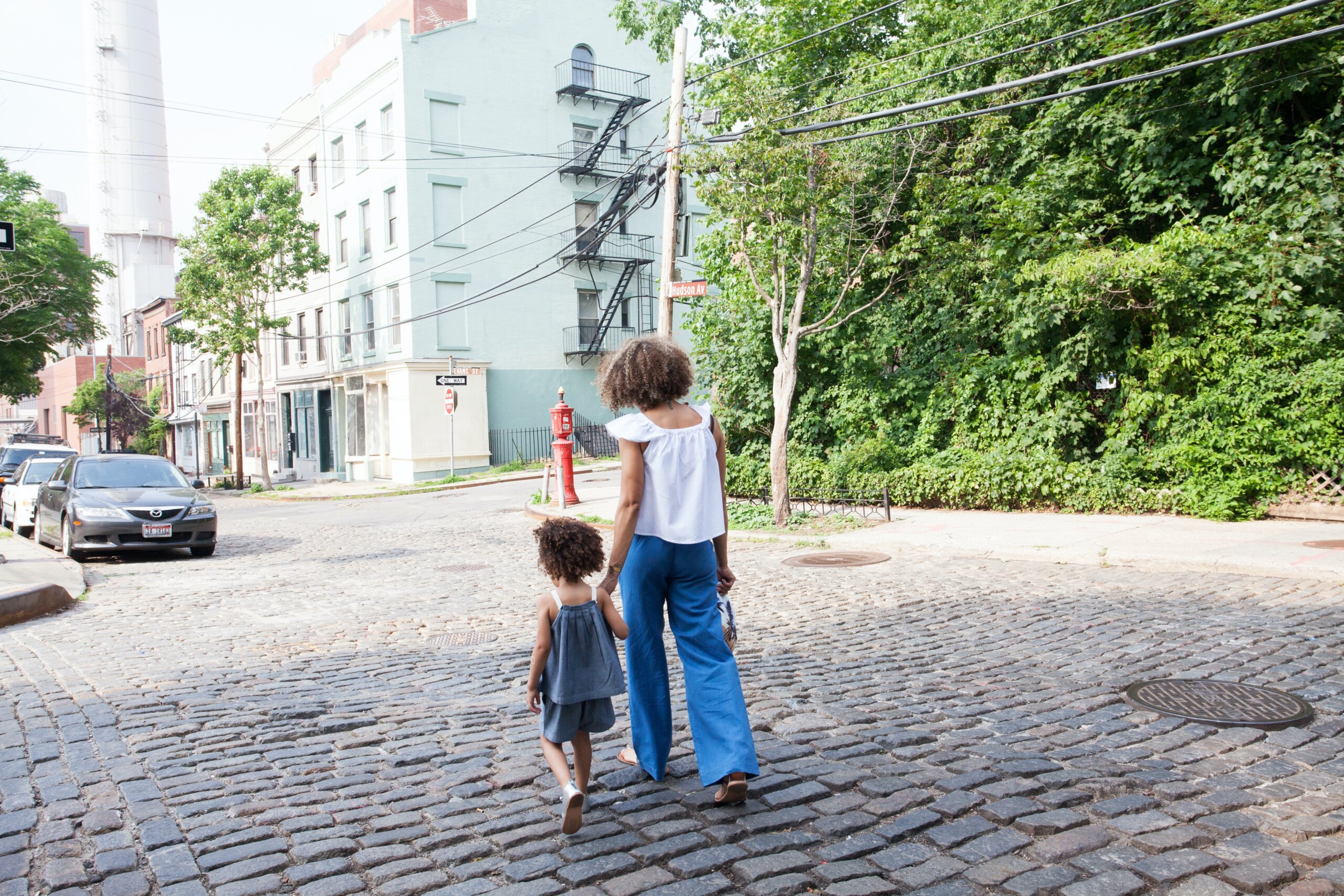The words were so full of the grace I craved, I nearly wept.
I’d been reading Rowan Williams’ Where God Happens: Discovering Christ in One Another, which meditates on the lives and teachings of the desert mothers and fathers. Williams writes how these third-to-seventh-century desert monastics would be puzzled by our need to constantly hurry, our culture that “prizes speed.” Here’s what clobbered me right in the heart: “They might say that the hurried urgency to possess and consume is an index of falsehood and a misunderstanding of the kind of being you are.”
Rushing is a misunderstanding of who I am.
I was not made for rushing.
God did not create me to speed through clogged streets, racing to the next errand, the next obligation. He did not create me to gulp food so fast I barely register the taste. He did not create me to scurry through life, heart skittering, breath shallow, stomach all butterflies. He did not create me to panic at ticking minutes and lost time. He did not create me to power-walk through stores, ignoring the whimpers of my toddler behind me, the faces of those to whom I am called to be the embodiment of Jesus.
Though there are times for moving quickly as there are times for everything (Ecclesiastes 3:1–8), God did not create me to exist in a state of constant frenzy, enslaved to the endless pursuit of yet one more completed task.
Now, every time I feel my heart beginning to race, my blood churning to do more, more, faster, faster, I tell myself, You were not made for this. Saying these words feels like an unshackling.
You were made for freedom, not hurry
“It was for freedom that Christ set us free” (Galatians 5:1 ESV).
Rather than be yoked to an insatiable (and diabolical) taskmaster, believers are called to freedom. In David’s words, “He brought me out into a broad place” (Psalm 18:19). I envision wide fields, spacious prairies. Free spaces. Not for curling in on our own narrow desires: binging chick-flicks and bowls of death by chocolate ice cream. (This would be another kind of bondage.) But for serving others “humbly in love” (Galatians 5:13 NIV).
Recalling the times when I felt most engaged in God’s purpose for my life, hurry does not enter the picture. What does are moments of embodying Jesus: being poured out like costly perfume over dusty feet (Luke 7:36–50).
Like when my son was born. In rhythmic intervals, he would cry in hunger, and I would give this vulnerable, soft-skulled being something to drink. When his lips would slow then still, dribbles of milk anointing his chin, he would close his eyes and revel in utter satiation. Offering him milk, that is, emptying myself, filled me with profound joy.
We were created for good works (Ephesians 2:10). And perhaps this is part of the challenge. We are called to look after the sick and give water to the thirsty and give clothes to those who need them (Matthew 25:36). We are called to offer our bodies to serve our families, our churches, our communities (Romans 12:1). And feeling the pressure to do these good things can incite us to hurry.
But what restores balance is being poured into, just as we are poured out.
You were made to stay close to Jesus
Just as we are called to give the love of God, we are also called to receive it. Humans first came into existence through the creative molding of divine hands, the inspiration of divine breath (Genesis 2:7). To be fully alive and whole, to be all we were created to be as human beings, we must latch ourselves onto the divine vine, continually abiding in the presence of God. Apart from Jesus, we can do nothing (John 15:5).
Sometimes abiding means taking time away from the hurry of everyday life. Throughout the Gospels, Jesus sets an example of seeking nourishment from his Father in rhythmic intervals, just as a nursing child seeks milk from her mother (Luke 5:16, Mark 1:35, Mark 1:16, etc).
Last year, my husband gave me the gift of a three-day silent retreat. At the retreat, I did not pour out anything. No words of encouragement, dinners hot on the table at six o’clock, bottles of milk for infant lips.
Instead, I was poured into. I became a vessel of reception: receiving nourishing meals on a tray, sleep in a dim room, the fragrance of long, green walks, the words and the silence of God. Even in my prayers, I mostly listened. I enjoyed simply being with God, rather than trying to do useful things for him. Looking wordless and helpless to God, my soul bloomed with a deep assurance of divine love.
The question of purpose is one I will ponder all my life. But at least for now, when hurry begins to whip me to move faster, to accomplish more, I try to remember these truths:
I was created for communion with the God Who Is Love (Revelation 21:3).
I was created to dwell in Love’s presence at all times (I Thessalonians 5:17; John 15:5).
I was created to be Love’s luminous embodiment in a fantastical and fractured world (Matthew 5:14-16).
I was created to live the kind of life spacious enough to see Love woven through the grit and gleam of every day: in the pillows of my son’s cheeks, in bowls of morning oatmeal, in the shapes of strangers’ faces. To live the kind of life that opens a way for Love to flourish in my life.
To be in Love and to be Love.
Consider a few extra resources:



